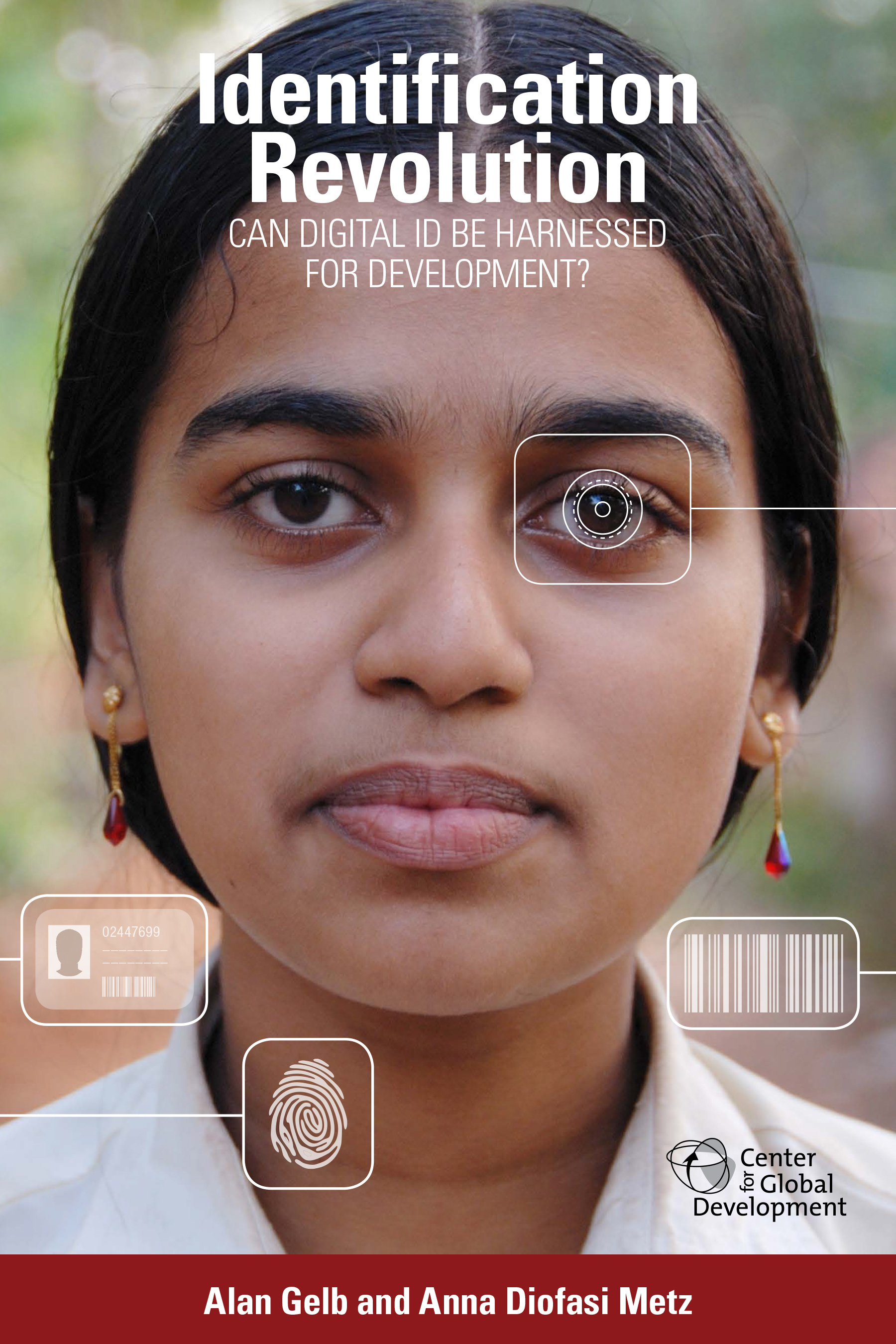Thank you Mr. Chairman, I am very honored to be here today and to testify before you on this very important issue. You have already done my task for me of explaining that I see this from different and multiple angles, but most of all I think the value I can bring to this hearing is speaking from the point of view of a policymaker who has had to struggle with the issues that are being discussed and with the kind of recommendations that are being talked about in the Doing Business Report. And I must say that I am somewhat taken aback by the interpretations that I’ve heard about this report instructing countries to do things in certain in ways, because that is certainly not the way, on the ground, that we saw this report when I was Minister of Finance in Nigeria and had to work with it everyday.
First of all, as countries, we increasingly like to make our own policies in the context of our own circumstances and therefore, I think we see these reports as providing additional information and not as instructions or conditionality because that is not the best way to work with us, with our countries.
The Doing Business Report has served as a very useful guide in terms of looking at those things that a country can do to enhance its position in terms of creating jobs. And I think that what has happened is that looking at it perhaps on the World Bank side, is this struggle between protection of workers and flexibility for the labor market. This is an everyday struggle that we have and the way we read the report is as a report that is trying to give information on balancing that very complex difficulty of how do you ensure that you have an economy and a labor market that is flexible enough so that jobs are being created.
The biggest problem we face in our countries is the creation of jobs. More than 50 percent of our population is under the age of 25, and if we don’t work hard to look at creating jobs for these youths we will have problems, even more serious problems of inequality, which the honorable Chairman referred to. But we do not see that we can create these jobs on the back of our workers. No country ever grew or will ever grow on the back of unhappy workers. So, we have always paid attention to how we can improve this situation with our workers, making sure we apply the minimum codes and standards which my country has signed up to.
And I hate to say that we are not there yet in Nigeria, that we have a ways to go in terms of implementing, but really that is our objective, which we don’t see as contradictory to creating jobs but rather, we need to maintain this flexibility in labor market while still making sure our workers have enjoyed the minimum standards and codes that we have signed up to at the international level.
And therefore, I am surprised from the point of view of a practitioner to hear that this is the way the Doing Business Report is seen, because we certainly do no see it as such, we see it as an important guide which we factor, as one more element, in our decision making and we have to make our own codes and rules in the country and observe our own particular situation and decide what will be most favorable for our workers.
We also see that in the report there are many counties that observe high codes and standards for labor but are also “tops” in terms of doing business. So we really don’t see this as contradictory. The United States ranks very high, Denmark ranks very high, and many other countries rank very high in doing business and treating workers well. So, this is not a contraction for us, what we have to do is find what policies are good for our country that will enable us to get workers employed so that we can attack poverty and deal with the increasing problem of inequality that the honorable Chairman referred to, while at the same time making sure that our workers have the basic treatment that they need.
So, I want to submit that the report is an ingredient in the decision-making of developing countries. We do not regard it as instructions to us to do one thing or the other and I think in the modern era, this idea of conditionality (getting the bank to make countries do things as a condition for getting its loans) doesn’t work anymore. Countries have to believe in what they are doing. And we believe in decent standards for our workers. And second of all, we don’t see a contraction between being a good country that respects workers and creating jobs and I think that this is what the report is trying to do.
Thank you very much Mr. Chairman.







